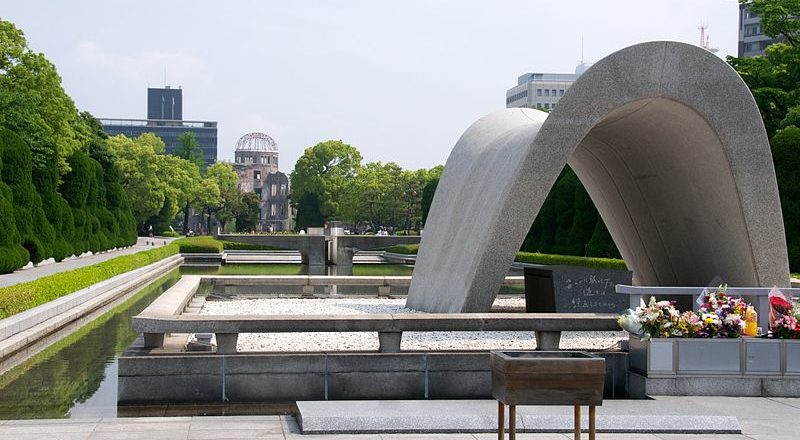A nation must think before it acts.
On September 5, The New York Times reported that the Obama administration is weighing whether to adopt a so-called “no-first-use” nuclear doctrine. This would allow the United States to launch nuclear weapons only if the enemy deployed them first. Such a change would be a dramatic policy shift: Washington has always kept the option of a preemptive strike on the table.
Under President Obama, a no-first-use doctrine has been widely regarded as an idealistic policy for the United States—a noble, if controversial, step toward achieving his goal of “a world without nuclear weapons.” Through self-restraint, and the disavowal of a first strike, America could “escape the logic of fear,” as Obama said at the Hiroshima Peace Memorial last May. Indeed, conservatives have condemned the no-first-use pledge as another instance of typical liberal naiveté on defense matters, or of “ticking the boxes the far-Left long wanted ticked.” By removing the first-strike option, the argument goes, Washington willweaken America’s nuclear deterrent, embolden its enemies, and undermine allies like Japan that rely on the U.S. nuclear umbrella. Even many of Obama’s top foreign-policy advisors are concerned by the potential security implications of this idea. Under a storm of pressure, the president may very well decide that no-first-use is a bridge too far.
But many of the arguments both for and against no-first-use misunderstand it: The policy reflects the power to set the rules of war, rather than some wayward pacifist ideal to end all war. Countries that issue no-first-use pledges boast strong conventional militaries. These states want to encourage a model of war where their army meets the enemy on a conventional battlefield with clearly defined rules—the kind of war, in other words, that they usually win. Nuclear weapons upend this model, because they help weaker actors, the North Koreas and Pakistans of the world, produce extraordinary destruction, level the playing field, and cast victory into doubt. Therefore, a no-first-use pledge could potentially reinforce a powerful state’s strategic advantage by discouraging other countries from developing nuclear arsenals, and by dissuading nuclear-armed countries from pushing the button. This would happen with the assurance that America would not fire first—thereby keeping war safely bound and safely winnable, on the powerful state’s terms.
The same logic helps explain why the United States is far more concerned if 1,000 Syrians die from chemical weapons than if 100,000 Syrians die from guns and explosives. Normalizing the use of chemical weapons around the world is not in the U.S. strategic interest because Washington wants to keep conflict in its comfort zone of conventional warfare. If U.S. officials concluded that chemical weapons were, in fact, of critical strategic value, they would likely soon abandon their moral reservations over their use.




